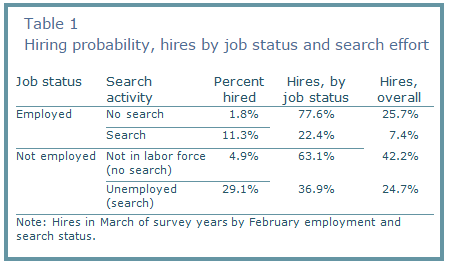UPDATE: The uniform is here for me, I'm not here for the uniform
A few months back I wrote here on this blog, and over on Fistful of Talent about the idea of professional folks donning a corporate 'uniform', i.e., wearing the same clothes more or less every day like Steve Jobs with his black turtleneck or Mark Zuckerberg and his hoodie. The reasons that Jobs and Zuck and even President Obama (who wears pretty much the same dark suit every day), usually offer for their lack of sartorial variety are pretty consistent - having important, stressful jobs requires them to make lots of decisions every day, not having to 'decide' what to wear in the morning removes one more decision from their lives, thus freeing up mental cycles for more important matters.
But one of the curious aspects of the 'corporate uniform' idea is that it is almost exclusively an option seemingly only open to men. Jobs, Zuck, Obama, even some Australian TV host - the professionals that seem to be able to get away with turning a blind eye to fashion are almost always men. Women, we think anyway, are more prone to be judged as professionals at least in part by appearance including choice of clothing.
And that leads me to the reason for revisiting the 'corporate uniform' topic, this recent piece from Business Insider titled 'This woman has worn the same outfit to work every single day the past 3 years'. Matlilda Kahl, who works in advertising, has adopted the 'uniform' approach like Jobs and Zuck, and surprisingly, has not had any real issues at work with this decision. From the Business Insider piece:
For the past three years, art director Matilda Kahl has been wearing the same outfit to work every single day.
“I just wanted to save some time and energy,” she told Business Insider.
Kahl was tired of running late in the morning, reevaluating her outfits, and stressing about whether her clothes were appropriate for different events or meetings at her creative advertising agency.
For someone in the creative field who has to make a lot of decisions throughout the day, she longed for one less choice to make.
“During the weekdays, I have so many creative challenges at work to keep my mind stimulated that I don’t feel an urge to express myself creatively through what I wear,” she said. “I finally had enough.”
“The uniform is here for me, I’m not here for the uniform.”
A very similar decision and conclusion reached by the much more famous adopters of this strategy like President Obama. One less thing to think about. One fewer decision to make at the start of the day. One less hassle.
But hat makes this version of the story notable, and interesting to me, is that, obviously Ms. Kahl is a woman, and professional women are not supposed to be able to basically ignore appearance and fashion and style. In fact, in my earlier FOT piece I wrote the following:
If Ginny Rometty or Sheryl Sandberg or Marissa Mayer wore the same clothes every day (like Jobs and Zuck and Obama), would we EVER stop talking about what they are wearing and focus on their performance?
Probably not. Men get judged (primarily) by what they do. Women, especially in visible, important positions, never seem to be able to shake the criticism and commentary about things like clothes and hairstyles.
But to her enormous credit, Ms. Kahl proves this assertion wrong. She is proving that if you can perform on the job at a high level, then no one will care, or they will eventually stop caring what it is you are wearing.
Which is a fantastically cool idea. Even fashionable.

 Steve
Steve



